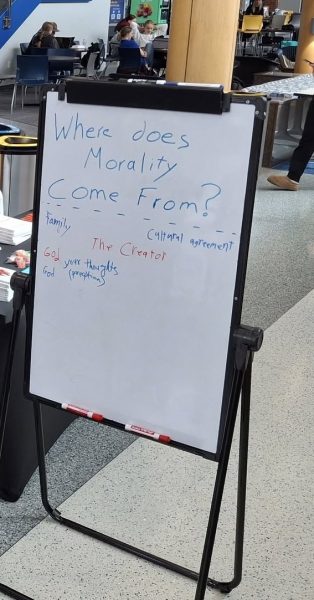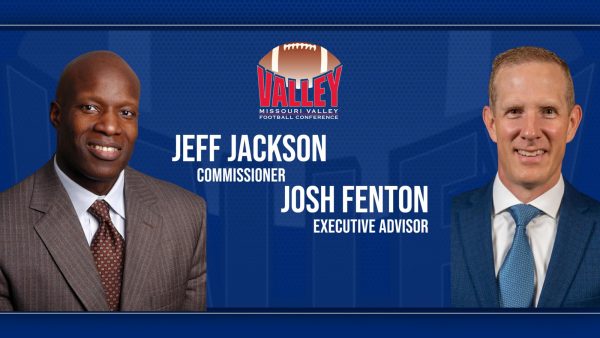SA seeks discussion on committee restructuring
March 16, 2010
Vanessa Marcano
The Students’ Association passed a resolution inviting administration members to discuss the restructuring of committees, including their request that three committees be remanded to SA and another to be turned into an appeals committee.
Resolution 09-22-R, passed at the March 15 SA meeting, invited members of the Committee Restructuring Task Force and President David Chicoine, Provost Laurie Nichols, Vice President for Student Affairs Marysz Rames or a member of their staffs to further discuss the proposal for committee restructuring in the CRTF’s draft vetting document.
Some of the changes in committee structure suggested by the CRTF included the reduction of the number of committees from 54 to 18. Committees such as Academic Appeals and Student Affairs would disappear, as they would be integrated into other committees. Others were modified, merged into other committees, changed names or were remitted to report to heads of departments and colleges.
After the CRTF presented its recommendations in the past, SA senators were concerned that the Vice President of Student Affairs would control the Student Union Activity Council, the University Food Service Advisory Committee and the Wellness Center Advisory Council.
In the midst of the SA discussion, Vice President Michael Kendall moved to amend the resolution to request that the SUAC, UFSAC and WCAC report to SA instead of reporting to the Vice President for Student Affairs, as the CRTF vetting document recommended. The amendment also requested for the University Activity Fee Budgeting Committee to become an appeals committee, in order to curb redundancies in case a student group was unhappy about funds allocation
Kendall’s move stirred up discussion among the senate, with Catherine Grandorff, state and local chair, expressing concern that, without proper consideration and discussion with administrators, the amendment would be “premature.” She said the amendment would not ensure the students’ control over the committees and without first discussing with officials the ideas in Kendall’s amendment, SA may seem too aggressive, which could jeopardize their negotiations.
“It could ultimately undermine us,” Grandorff said.
Rames said she was “perplexed” concerning the amendment, since in her view, having SUAC, UFSAC and WCAC report to her office would likely make them more robust committees. She said she was excited about the potential advisory capabilities the committees would have, the possibility of a “partnership” between administration and students, and the opportunities of hearing feedback from students.
Senator Kate Wegehaupt voiced her concern regarding continuity in these committees under SA, especially due to the yearly change of leadership in the senate. Meanwhile, Senator Anthony Sutton said it was important to consider what was best for both the university, as well as for the future of students.
“We are here to serve students,” he said.
Senator Tim Goldammer said he thought there was a good opportunity to have administration sit alongside students in a committee, yet he said that it was crucial for students to be in charge of committees that control buildings funded by student fee dollars.
“We want to be able to control what we paid for but still be open to (faculty and administration) being in the committees,” Goldammer said.
All final recommendations concerning committee restructuring are due to the provost by April 1.
Editor’s note: The 2010-2011 Students’ Association took office after this discussion during the March 15 meeting, so the titles used in this story are from the 2009-2010 senate.





















